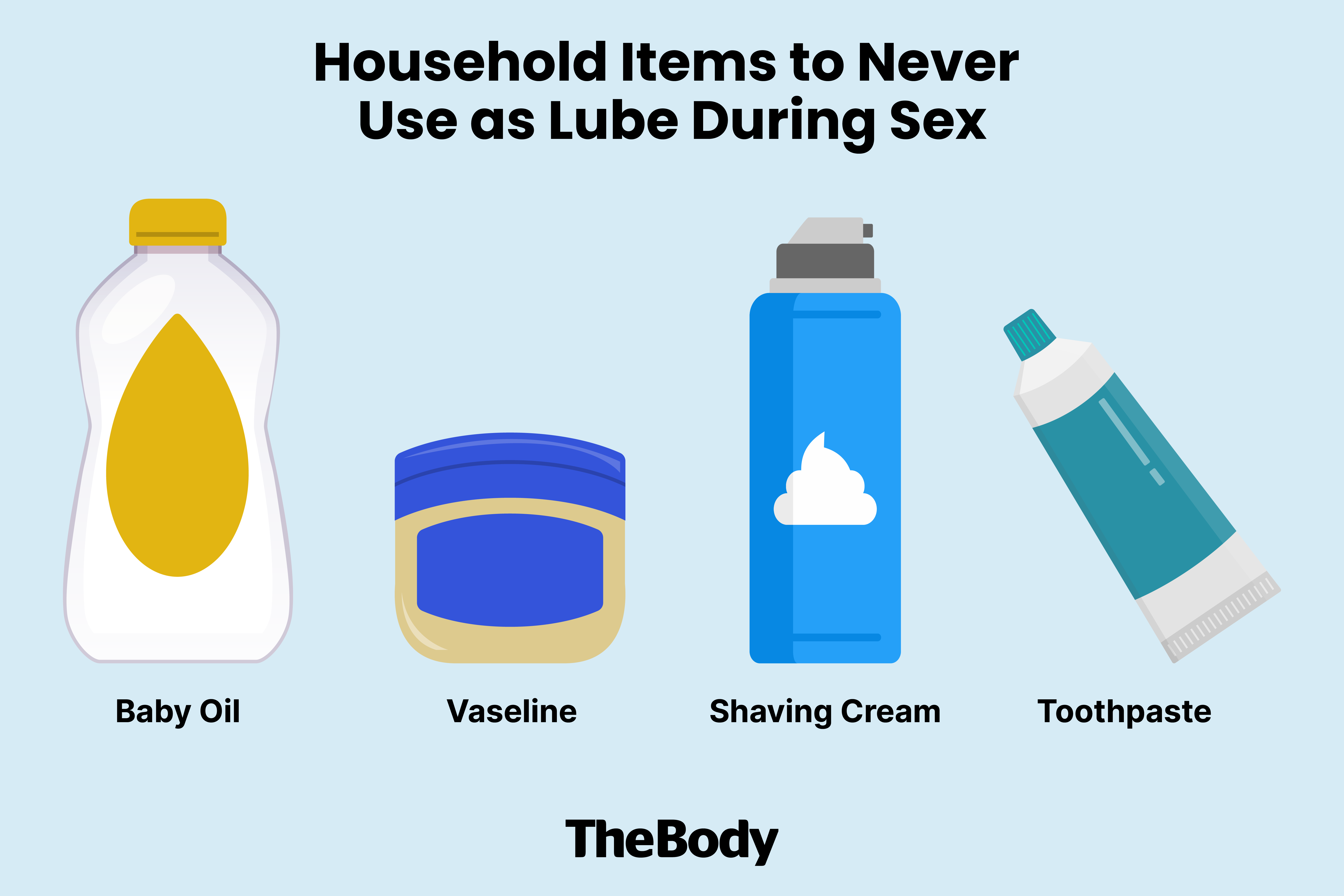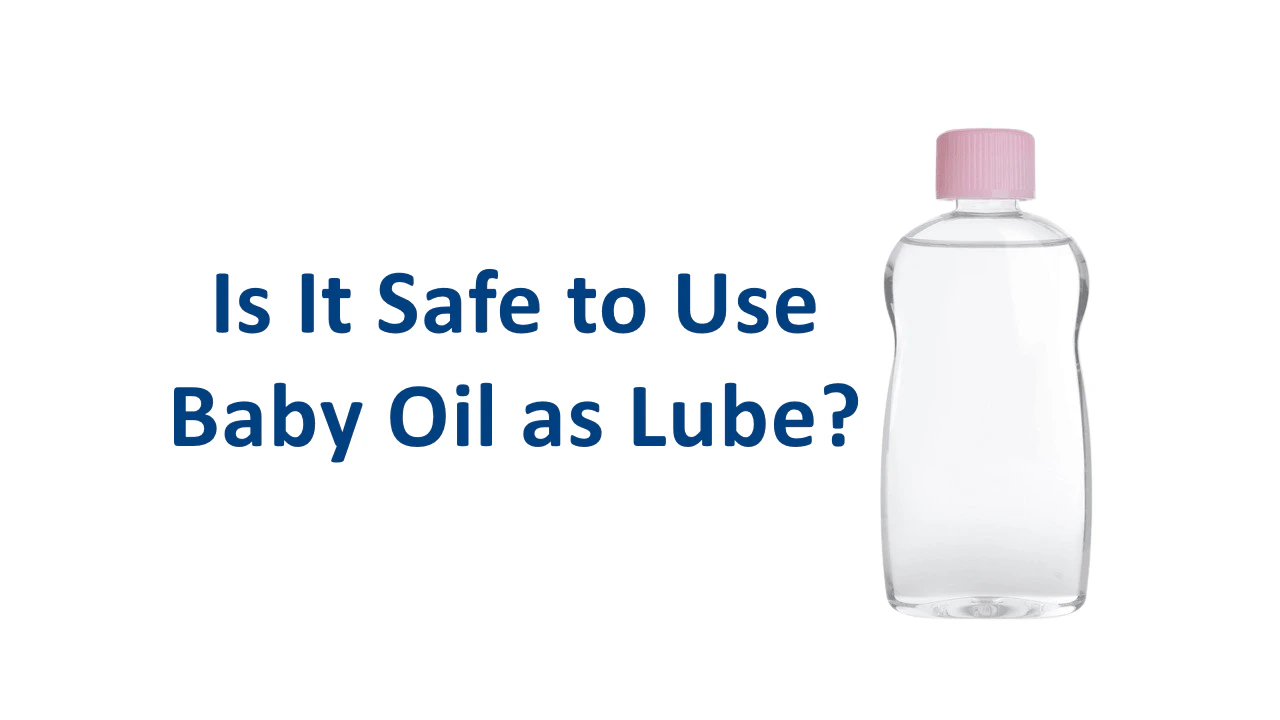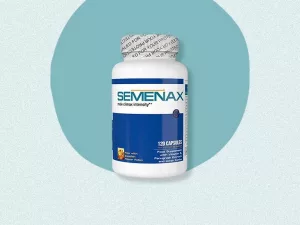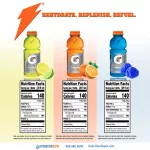Baby oil leaves skin feeling smooth, smells pleasant, and is inexpensive. While it might appear to be a convenient option for personal lubrication during intimate moments, baby oil is actually a poor choice for that purpose. Read on to learn the reasons why.

Background
Baby oil is a mineral oil derived from petroleum. It’s a byproduct of crude oil refining and is further processed for use in skin-care formulations, making it safe for external application. It has proven effective at protecting infants from diaper rash.
However, when it comes to sexual activity, baby oil is generally not a suitable option, particularly for vaginal or anal intercourse.
Baby oil is hard to wash away
Because baby oil does not dissolve in water, it forms a barrier on the skin. It will remain until it is physically removed through cleaning. After sex, baby oil can be difficult to eliminate with just soap and water and may require vigorous scrubbing, which can irritate skin.
Baby oil may raise the chance of vaginal infections
Petroleum-based lubricants can elevate a woman’s likelihood of developing vaginal infections. One study found that women who used petroleum jelly as a lubricant were more than twice as likely to have bacterial vaginosis compared with women who didn’t use petroleum jelly during the same month.
This research also indicated that introducing oil into the vagina could increase the risk of yeast infections. If you’re susceptible to yeast overgrowth, avoid baby oil and other oils for sexual use.
Baby oil weakens latex condoms
Any oil-based lubricant can quickly impair latex condoms. Baby oil (and other oils) should never be used with latex condoms, diaphragms, or cervical caps. Research has shown that mineral oils can cause condom failure in as little as a minute. A compromised condom raises the risk of sexually transmitted infections (STIs) and unintended pregnancy.
Because baby oil is not water-soluble and remains on skin until washed off, using it for masturbation and then switching to sex with a condom without showering can still cause the latex to deteriorate.
Oil-based products can stain fabrics and bedding
Like other oil-based lubricants, baby oil can leave stains on sheets and clothing. These marks are often stubborn or impossible to remove.
Baby oil can damage sex toy materials
Baby oil should not be used with sex toys made from latex, silicone, rubber, or certain plastics. Petroleum can degrade these materials, potentially ruining your toys and creating a messy situation.
Safer alternatives
Instead of baby oil, choose an over-the-counter lubricant formulated for safety and comfort.
Lubricants come in three main types: water-based, oil-based, and silicone-based.
- Water-based. These are safe to use with condoms and most sex toys; they tend to dry out sooner but can be reapplied as needed.
- Oil-based. These are thick and long-lasting but incompatible with latex and can stain fabrics or increase infection risk.
- Silicone-based. Silicone lubricants feel silky and usually last longer than water-based ones. They don’t break down latex, but they can damage silicone toys.
If safety is your priority, water-based lubricants are often the best pick, such as KY Jelly or Astroglide. Water-based options work well for both solo play and partnered sex.
Water-based products won’t cause latex condoms to fail and are much easier to clean up because they are water-soluble. They also won’t typically stain fabrics. Many water-based lubricants are affordable and readily available for under $10 in stores or online.
Conclusion
Avoid petroleum-based products like baby oil as personal lubricants. Steer clear of oil-based options if you’re using latex condoms. Read ingredient labels — if you see “oil” or “petroleum,” the product is unsafe to use with a condom.
Most commercial personal lubricants are safe for most people when used as directed. If you have sensitive skin or a history of allergic reactions, test a small amount on your inner arm before using it genitally.
The correct lubricant can greatly improve sexual experiences, while the wrong one can cause problems. If you have any questions or concerns about your sexual health, consult a healthcare professional.

























Leave a Reply
You must be logged in to post a comment.